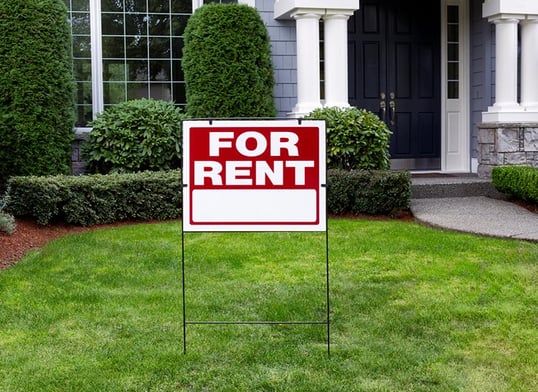
Internal Revenue Code Section 179 allows business owners to use a tax deduction for certain depreciable purchases that they would otherwise capitalize on. This IRC provision enables the business owner to take the entire deduction in the year they purchased the items. This is instead of depreciating the cost over the long term. The provision applies to specific assets such as equipment, vehicles, and software. It is intended to encourage small businesses to expand their operations by purchasing new equipment.
Tax deductions are a faster means of recouping the cost of business investments, and business owners may, therefore, prefer a deduction against taxable income to the longer depreciation process.
Can I use the Section 179 deduction for rental property?
No, you cannot take the Section 179 deduction on rental property unless the property is qualified leasehold improvement property, qualified restaurant property, or qualified retail improvement property. A qualified improvement property is an improvement the investor makes to the interior portion of a nonresidential building. It may include drywall, interior doors, lighting, flooring, fire protection systems, and plumbing.
How did the TCJA affect Section 179?
The 2017 Tax Cuts and Jobs Act changed Section 179. It increased the amount business owners can deduct for qualified investments in the year they purchase the qualified asset. The maximum deduction for 2023 purchases (taxes filed in 2024) is $1,160,000. However, if you place in service equipment or other eligible items worth more than $2,890,000, your maximum Section 179 deduction begins to decline.
The TCJA also changed the bonus depreciation limits, allowing businesses to deduct the total cost of other eligible expenses rather than recoup the cost through depreciation. Those increased "bonus depreciation" limits will phase out in 2023.
The TCJA changes also added limits for deductions for specific vehicles. Passenger vehicles and SUVs have deduction eligibility limits determined by weight, passenger capacity, and other specifications.
Does Section 179 apply to personal property?
Another change that the TCJA made to Section 179 deductions is that it eliminated the exclusion of personal property items purchased for use inside rental units. This includes furnishings like kitchen appliances and window and floor treatments. A rental property owner can also use Section 179 to deduct other equipment in their business, including computers, phones, office furniture and equipment, software, and other miscellaneous business equipment.
However, to use Section 179 for these deductions, your rental activity must qualify as a business, not an investment. If you operate to earn a profit and work at your business regularly and continuously, owning rental property should be eligible as a business. This will allow these Section 179 deductions to be eligible.
As with many sections of the IRC, Section 179 and bonus depreciation are complex topics. Reviewing your deduction eligibility with a qualified tax advisor is always a great strategy.
This material is for general information and educational purposes only. Information is based on data gathered from what we believe are reliable sources. It is not guaranteed as to accuracy, does not purport to be complete and is not intended to be used as a primary basis for investment decisions. It should also not be construed as advice meeting the particular investment needs of any investor.
Realized does not provide tax or legal advice. This material is not a substitute for seeking the advice of a qualified professional for your individual situation.
All real estate investments have the potential to lose value during the life of the investment. All financed real estate investments have the potential for foreclosure.
The income stream and depreciation schedule for any investment property may affect the property owner's income bracket and/or tax status. An unfavorable tax ruling may cancel deferral of capital gains and result in immediate tax liabilities.



